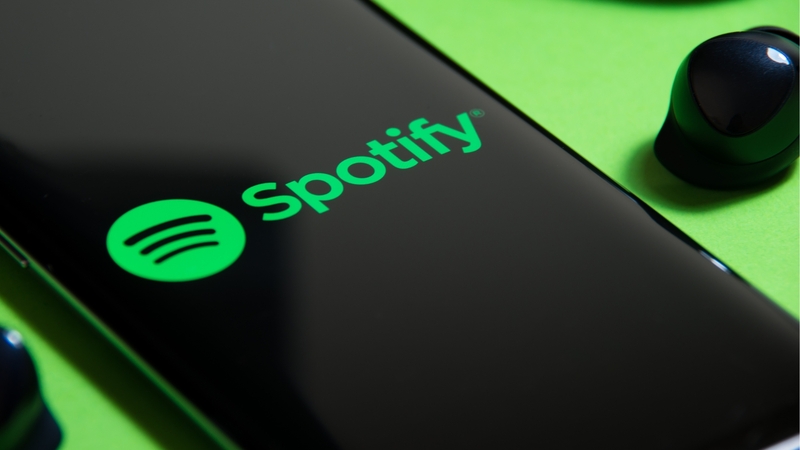You are viewing your 1 free article this month. Login to read more articles.
Bookseller Digital Census: fears over future-proofing
Only one in seven people think the industry is ready for the next stage in the digital revolution, The Bookseller’s 2014 Digital Census has found.
The survey, from over 1,100 respondents and taken between September and October 2014, found that just 14.7% believed the sector is prepared for the next stage in digital, while nearly half (47%) think it is not. The rest (38.3%) didn't know.
The Bookseller’s Digital Census is carried out every year in the run up to the FutureBook Conference, this year taking place on 14th November at Queen Elizabeth II conference centre in London and featuring speakers Tom Weldon, c.e.o of Penguin Random House, Carla Buzasi, founding editor of The Huffington Post UK and author and Hailo head of product George Berkowski, among a packed line-up.
This year's census found that while publishers were bullish about new business models such as subscriptions from companies like Scribd, Oyster, and Kindle Unlimited, only a quarter were using this sales route and also publishing in formats like apps, e-books, audio and video.
Altogether 90% of publishers sell e-books, but the census found their sales pattern was highly skewed, with nearly a quarter of publishers' e-book sales accounting for less than 3% of total sales, while only a third believed e-books will be 50% of their sales by 2020 – down from 48.2% two years ago.
Publishers disagree over the pricing of e-books. Although the majority think digital versions should command a lower price than their print counterparts, a quarter think significantly less. Strikingly, in an industry where piracy is a high concern, one in seven people reported having downloaded an e-book illegally.
The survey also found that 92% of self-published authors publish on Amazon’s Kindle Direct platform. They reported a higher satisfaction rate than traditionally-published authors, with 7.1 indie authors satisfied with their service on a scale of one to 10, compared with the satisfaction rating of 5.7 for traditionally published authors. Despite this, around half of indie authors reported to have sold fewer than 1,000 e-books, (with 75% selling less than 5,000), and only a quarter said they were looking for a deal with a big publishing house.
Non-book trade bodies such as Amazon, Google, Apple, mobile operators and hardware/software companies are expected to be the big winners as digital sales grow, in addition to readers, while the losers are predicted to be traditionally published authors, literary agents, libraries. Meanwhile, 95% of respondents think physical bookshops will suffer. However, only 15.6% can envisage a day when there will be no bookshops at all–even if they will have to change substantially.
Ahead of his Futurebook Conference presentation, serial entrepreneur George Berkowski said publishing could learn from the tech world in realising that “the only constant is change.” He said: “You might have to fundamentally reinvent every part of your business, from its business model to production to interaction, to design, every couple of years – or every week, depending on the scale of which you are talking about… The companies that really flourish on the consumer and business side are the ones who just accept that there will be continually be new ways to do things better.”
The Bookseller’s editor Philip Jones added: “We are moving into a post-Kindle world, and one that is not so easily defined. We live in a more complex entertainment environment, where content can move fast and slow; where active readers can choose to lean in and engage with authors via social media or crowd-funding platforms; where price is relative to platform; and where content is starting to live outside the boundaries of both the book and e-book…. Is this the most exciting time to work in the book business? As the famous Carlsberg advert says, 'probably'."
The Bookseller’s Digital Census 2014 was completed by 1,111 respondents, 927 of whom claimed to have professional links to the books industry. Respondents were self-selecting and completed the survey online in September and October 2014. The full census can be accessed here.
A full line-up of the Futurebook Conference speakers can be accessed here.

















